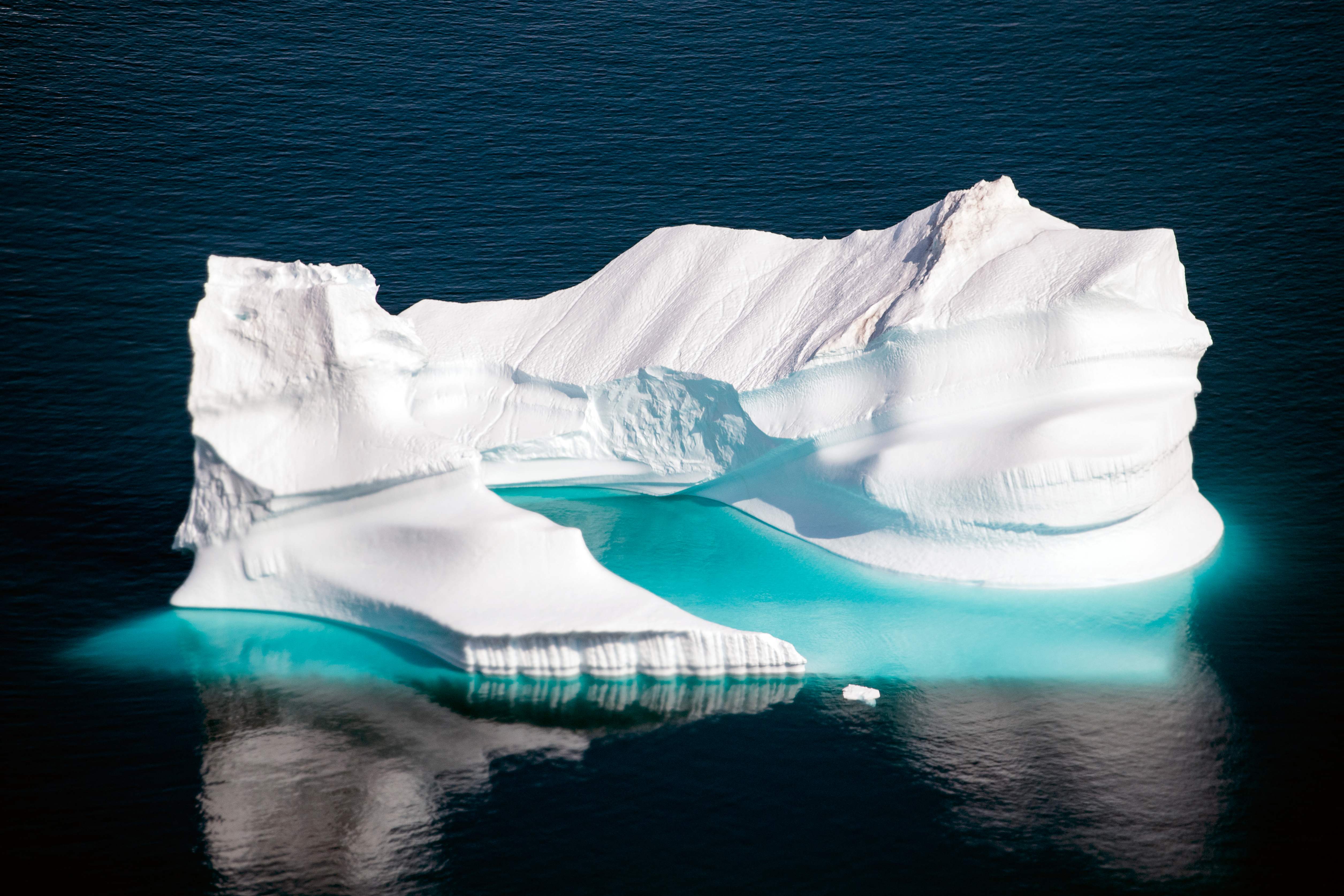First ever recorded rainfall in Greenland’s ice sheet summit causes ‘widespread’ melting
Nearly seven billion tons of rain lashed the Greenland ice sheet over a three-day period, say researchers

Rain lashed the highest point of the Greenland ice sheet for several days for the first time ever, report climate researchers.
The usually frigid air temperatures at the ice sheet, the second-largest after the Antarctic ice sheet, remained above freezing for about nine hours as well, the researchers said.
This was the first reported instance of rain at the summit, observed on 14 August, and the third time in less than a decade that above-freezing temperatures were recorded at a research station situated at the peak, according to the National Snow and Ice Data Centre.
Over the course of three days from 14-16 August, researchers said an estimated seven billion tons of rain lashed the ice sheet.
“Warm conditions and the late-season timing of the three-day melt event, coupled with the rainfall, led to both high melting and high run-off volumes to the ocean,” the climate scientists noted in a statement.
“There is no previous report of rainfall at this location which reaches 3,216m in elevation,” they added.
Based on the analysis, the scientists said the warm conditions and the abnormal rainfall were caused by a strong low pressure centre over Baffin Island and high air pressure southeast of Greenland, which pushed warm air and moisture up from the south.
They said only 2012 and 2021 have borne witness to more than one melt event covering 800,000 sq km in Greenland, which has a sprawling ice sheet cover of 1.7 million sq km.
The 14 August event was the “latest date for this scale of melt extent in the satellite record”, with global warming continuing to melt glacial ice at a rapid pace, according to the researchers.
As the Earth’s Arctic ice cap melts, experts have warned it could accelerate further melting, increasing sea levels across the world and changing global weather patterns.
Several climate models have suggested that without major interventions to restrict greenhouse gas emissions across the globe, the Arctic Ocean could be ice-free in the summers by 2050.
Last week’s report by the UN Intergovernmental Panel on Climate Change (IPCC) warned that the recent melting of glaciers around the world has been “unparalleled” for the past 2,000 years, and at the current rate of emissions, the planet’s ice cover would continue to decline in size for centuries to come.
Subscribe to Independent Premium to bookmark this article
Want to bookmark your favourite articles and stories to read or reference later? Start your Independent Premium subscription today.

Join our commenting forum
Join thought-provoking conversations, follow other Independent readers and see their replies